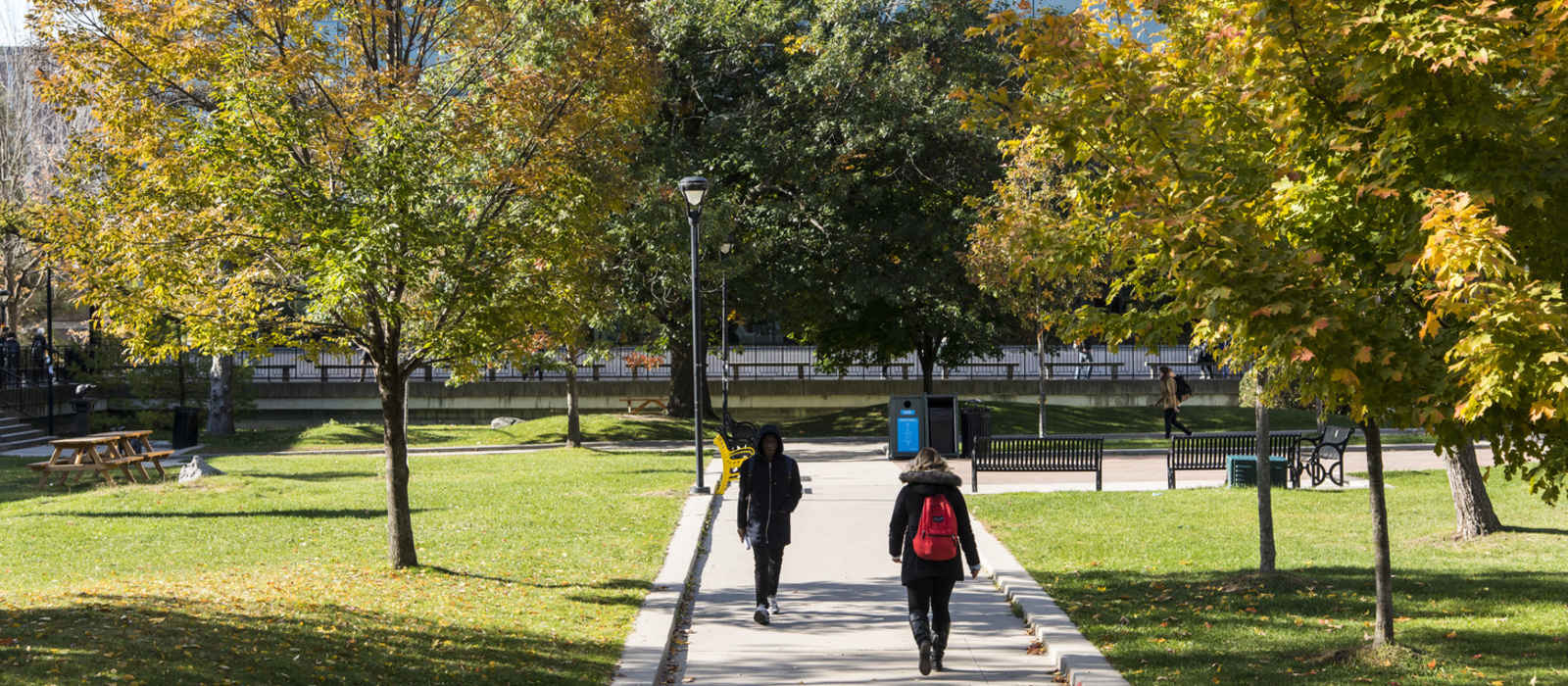Presentation Abstracts
A Partnership to Rebuild First Nations’ Governance
Frances Abele, Satsan (Herb George)
School of Public Policy and Administration, Faculty of Public Affairs
We propose to describe the genesis and development of a SSHRC-funded partnership to support First Nations who are working to abolish the Indian Act. Our experience illustrates the central importance of relationship building, lead time, flexibility and university support.
The idea for this project grew out of decades of community development work by Satsan (Herb George) and his colleagues at the Centre for First Nations Governance. The Centre was formed to support First Nations who are working towards self-government outside of the Indian Act. Their work revealed a need for targeted research that responded directly to the needs of First Nations who are on this journey. Satsan approached Frances Abele in 2012 with an idea for a SSHRC Partnership Grant application to generate this research and to provide a means to document and share the work undertaken by the partner First Nations. With two small SSHRC grants we convened meetings of potential partners to discuss goals for the SSHRC PG and to strengthen relationships among collaborators. We were successful in receiving a SSHRC Partnership grant to enable work with 7 First Nations, 2 Tribal Councils, 3 non-governmental organizations and faculty at 6 universities. Now well into year 2 of the project, we would like to reflect on the ingredients of a successful community-university partnership. For our work, First Nation leadership and community support is crucial, and we will explain how we went about achieving and sustaining that.
Navigating the inherent tensions in community engagement: Considerations and strategies at various phase of community engagement for building effective community-academic partnerships and promoting a shared vision across stakeholders
Brooke Eagle, Vanessa Bascelli and Emi Koyanagi
School of Social Work, Faculty of Public Affairs
The School of Social Work field program facilitates community-based learning for over 260 students annually. This program has developed partnerships with non-profit and charitable organizations, public sector organizations, research partners, and special interest groups to provide experiential learning opportunities that aim to meet community, university and student needs. Students’ field learning takes place within the context of practicum courses, which focus on the conscious application of social work theory to practice, including acquiring the abilities of critical self-reflection.
Respect, trust, commitment and a shared vision amongst partners have been identified as critical elements in long-term sustainable community engagement; however, a number of factors combine to create tensions in community engagement that must be regularly attuned to and thoughtfully navigated for these elements to be realized. Examples of tensions include outreaching to communities who are often fielding many demands for engagement from institutes of higher education, who are navigating uncertainty and rapidly changing environments, and who may have had negative experiences with university-community partnerships in the past, and doing so in a way that honours these realities and fosters genuine collaboration. All parties also bring myriad expectations and assumptions to the endeavour of community-based learning, and tensions arise when divergent needs and expectations of students, community partners and faculty are not attended to.
The School of Social Work field team will offer both conceptual and tangible tools for community engagement that include: key considerations and strategies for navigating the inherent tensions in community engagement at various phases (outreach to implementation), and introduction to the online Practicum Hub, a comprehensive online resource that offers tangible tools and resources for all field stakeholders (students, faculty, and community).
How to help students reflect and articulate their community engagement skills
Stacey-Ann Morris, Career Services
In this presentation, you will learn how to help students reflect and articulate their community engagement skills to help further their employability. At Career Services, we interact with many students, who actively engage in curricular and co-curricular opportunities that are enhancing their employability, however they sometimes have difficulty articulating these new skillsets on a resume or in an interview. Our goal is to help students reflect on their skill development and encourage tracking of these experiences along their journey.
If you are a faculty member or student affairs professional who is considering to integrate community engagement in your courses or programs, this workshop is for you. Career Services has developed tools and resources to help students reflect on their community engagement skills and articulate the importance of these skills outside of the classroom.
Community-Based Research: Strategies for Engagement and Ethical Considerations
Patricia Ballamingie, Geography & Environmental Studies, Faculty of Arts and Social Science
This talk will introduce the concept of community-based research, explore who constitutes “community”, identify four discrete strategies for building community connections, and reflect on some of the ethical tensions inherent in this work.
